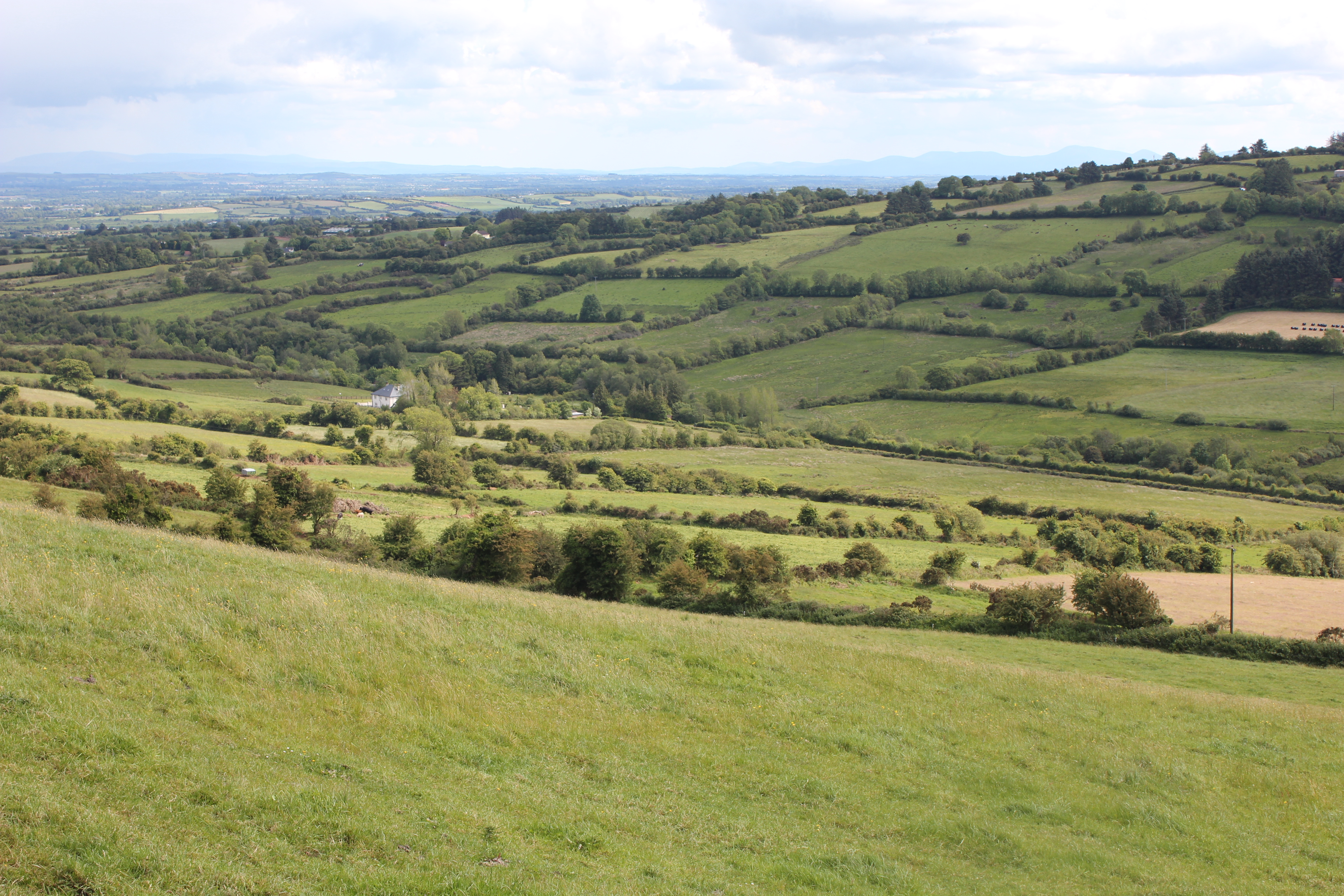North Tipperary County Council have just sent notice of grant of Planning Permission for a development of green visitor accommodation and services at Coumnageeha Eco Farm. The development will include the renovation and extension of the existing old stone cottage, two new activity rooms, a new four bedroom cottage and a sauna, showers and laundry for 6 eco-dome tents. The construction will pioneer a number of new technologies -
1: A draw-down whole-roof solar panel system, feeding space heat and hot water to all buildings
2: In-wall heating for the old stone cottage using low grade heat from the solar panels to minimise the need for high levels of insulation
3: In-wall heating for the service building which will be constructed from hemp-lime that will meet passive house standards with only 300mm thickness
4: Super insulated timber frame construction and robust heat recovery units for the new cottage that protects the structure from interstitial condensation.
The sewage system will demonstrate the first officially-sanctioned use of a Swedish designed vortex separator in Ireland. This system separates solids from the waste water so that they can be composted safely in a two alternating chambers, while the liquid wastes go to a settling tank and vertical reed bed and polishing area. The composted product is a good fertilizer and soil conditioner for use on the orchard trees and hedgerows in the farm.
